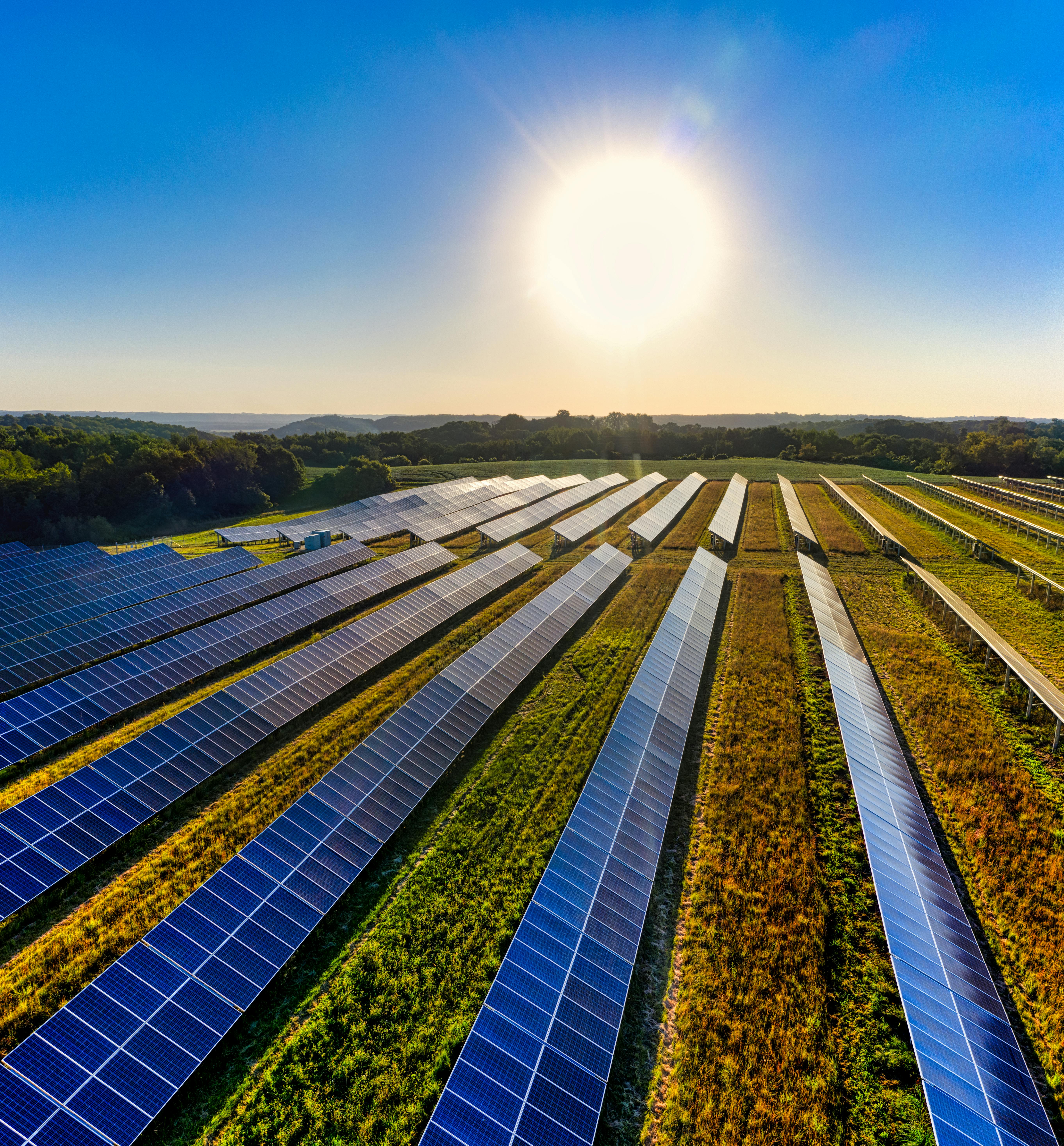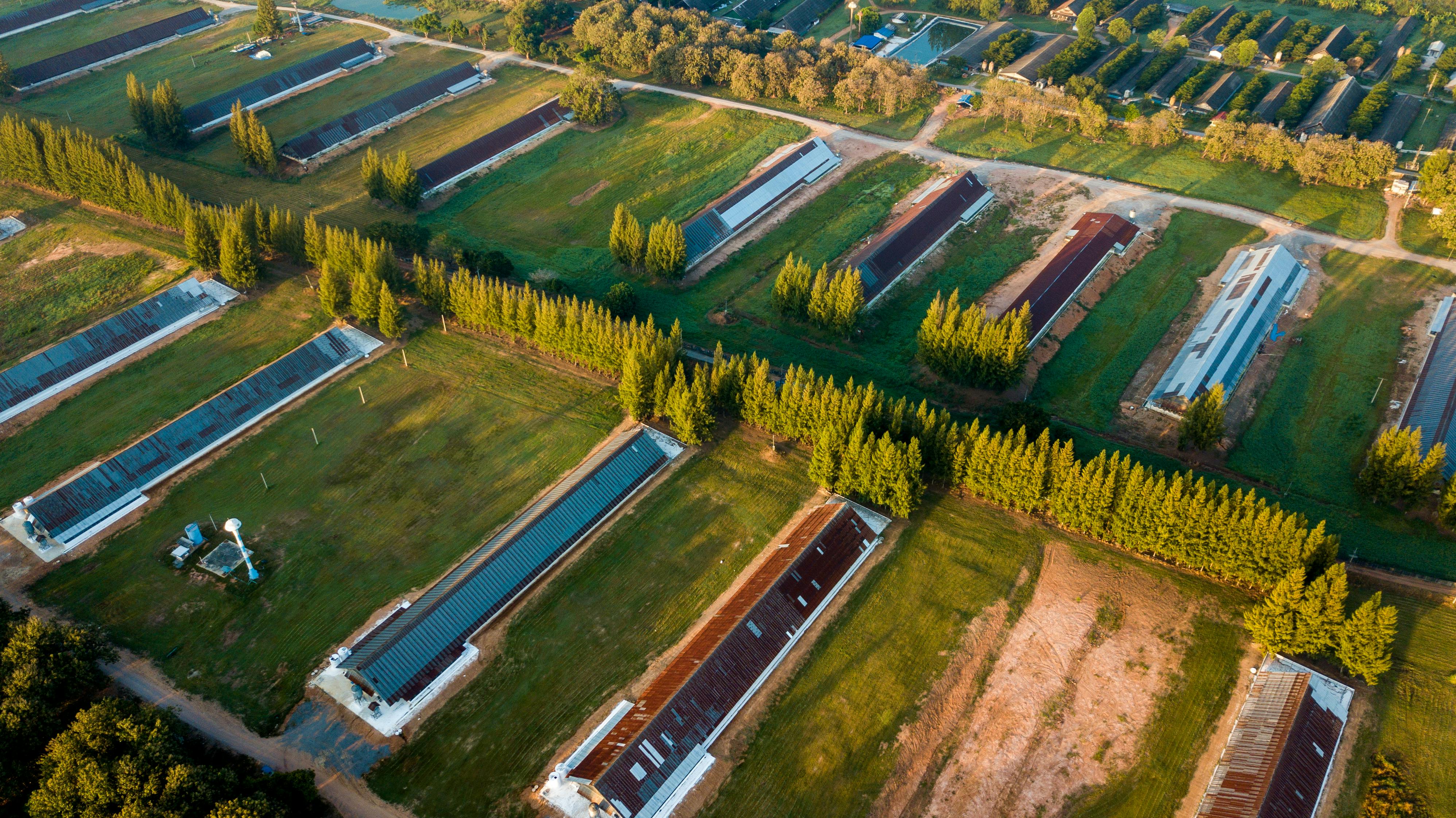The Rise of Clean Technology
We live in an era where climate change has become a pressing concern for the global community. As temperatures rise, sea levels increase, and natural disasters become more frequent, the need for sustainable solutions has never been more urgent. This is where CleanTech, also known as Clean Technology or ClimaTech, comes into play.
CleanTech refers to products, services, and processes that aim to reduce or eliminate negative environmental impacts. Its conception can be traced back to the late 20th century when concerns about the depletion of natural resources and the impact of human activities on the planet began to gain momentum. The 1970s oil crisis, acid rain, and the depletion of the ozone layer were among the key events that highlighted the need for more sustainable practices.
The necessity for CleanTech arose from the realization that our current methods of energy production and consumption were unsustainable and detrimental to the environment. Fossil fuels, which have been the primary energy source for centuries, release greenhouse gases into the atmosphere, contributing to global warming and climate change. Additionally, the extraction and processing of these resources often result in environmental degradation, pollution, and habitat destruction. CleanTech seeks to address these issues by developing alternative energy sources, optimizing resource utilization, and minimizing waste and emissions.
Examples of CleanTech in Action
The CleanTech industry encompasses a wide range of sectors, from renewable energy and transportation to waste management, sustainable agriculture, and green buildings. Here are some notable examples that illustrate the breadth and impact of CleanTech:

Photo by Tom Fisk / Pexels
Renewable Energy:
- Solar Power: Companies like SunPower, First Solar, and Jinko Solar are leading the way in developing and manufacturing solar panels and related technologies.
- Wind Power: Vestas, Siemens Gamesa, and GE Renewable Energy are major players in the wind turbine industry, harnessing the power of wind to generate clean electricity.
- Hydroelectric Power: Companies like Andritz and Voith Hydro are pioneers in hydroelectric power generation, leveraging the power of water to produce renewable energy.
Electric Vehicles (EVs):
- Passenger Cars: Tesla, Rivian, and Lucid Motors are revolutionizing the automotive industry with their innovative EV designs, offering zero direct emissions and cutting-edge technology.
- Commercial Vehicles: Companies like BYD, Proterra, and Arrival are developing electric buses, trucks, and vans for more sustainable transportation solutions.
Green Buildings
- Energy-Efficient Construction: Companies like Kingspan, Owens Corning, and CertainTeed are at the forefront of producing sustainable building materials and insulation solutions.
- Smart Building Technologies: Companies like Schneider Electric, Siemens, and Johnson Controls offer advanced building management systems and energy-efficient solutions for heating, ventilation, and air conditioning (HVAC).
Sustainable Agriculture:
- Precision Farming: Companies like Trimble, Deere & Company, and Raven Industries provide precision agriculture technologies, including GPS guidance, variable rate application, and yield monitoring.
- Indoor Vertical Farming: AeroFarms, Plenty, and Bowery Farming are pioneers in vertical farming, enabling efficient and sustainable food production in urban environments.
- Biofertilizers and Biopesticides: Companies like Novozymes, Bayer CropScience, and Evonik Industries offer eco-friendly alternatives to traditional chemical fertilizers and pesticides.

Photo by Chayakorn Lotongkum / Pexels
Waste Management:
- Recycling and Waste-to-Energy: Companies like Waste Management, Republic Services, and Covanta specialize in recycling and converting waste into energy through advanced waste-to-energy facilities.
- Water and Wastewater Treatment: Companies like Xylem, Suez, and Veolia offer innovative solutions for water and wastewater treatment, ensuring sustainable water management.
Investing in a Sustainable Future
The growth of the CleanTech industry has been fueled by substantial investments from both private and public sectors. Governments around the world have recognized the importance of supporting CleanTech initiatives through incentives, subsidies, research funding, and ambitious climate targets.
According to a report by BloombergNEF, global investment in the CleanTech sector reached a staggering $1.1 trillion in 2022, with renewable energy projects accounting for the largest share. The report highlights that investments in renewable energy capacity, including solar, wind, and other technologies, reached a record high of $495 billion in 2022.
Major corporations have also stepped up their efforts to support CleanTech and achieve sustainability goals. Apple, Amazon, Google, Microsoft, and Meta (formerly Facebook) have collectively committed billions of dollars towards transitioning to clean energy sources, investing in renewable energy projects, and reducing their carbon footprints.
Venture capital firms and private equity investors have also recognized the potential of the CleanTech industry. According to data from PitchBook, venture capital investments in CleanTech startups reached $25.7 billion in 2022, marking a significant increase from previous years.
Implementing CleanTech: Challenges and Opportunities
While the benefits of CleanTech are undeniable, its implementation is not without challenges. One of the biggest obstacles is the upfront costs associated with transitioning to new technologies and infrastructure. While the long-term benefits of CleanTech often outweigh the initial investments, the high capital expenditure can deter some businesses and individuals from adopting these solutions.
Additionally, the integration of CleanTech into existing systems and infrastructure can be complex and time-consuming. Retrofitting older buildings or adapting existing energy grids to accommodate renewable sources requires careful planning, skilled labor, and substantial resources.

Photo by Kindel Media / Pexels
Regulatory frameworks and policies also play a crucial role in the widespread adoption of CleanTech. Inconsistent or outdated regulations can hinder the deployment of new technologies, while supportive policies and incentives can accelerate their implementation.
Despite these challenges, the potential benefits of CleanTech are immense. By embracing sustainable solutions, we can reduce our carbon footprint, mitigate the impact of climate change, and create a more livable planet for future generations. Furthermore, the CleanTech industry offers numerous economic opportunities, fostering job creation, innovation, and technological advancements.
As the world becomes increasingly aware of the urgency to address climate change and achieve sustainability goals, the CleanTech craze is likely to gain even more momentum. Governments, corporations, and individuals alike are recognizing the importance of investing in sustainable solutions and embracing a more eco-friendly lifestyle.
The Paris Agreement, adopted in 2015, has set ambitious targets for reducing greenhouse gas emissions and limiting global temperature rise. This global commitment has provided a strong impetus for the development and deployment of CleanTech solutions across various sectors.
Moreover, the increasing affordability of renewable energy sources, driven by technological advancements and economies of scale, is making CleanTech more accessible to a wider range of consumers and businesses.
While the journey towards a fully sustainable future may be challenging, the rewards are invaluable. By harnessing the power of CleanTech, we can pave the way for a greener, more resilient, and prosperous world for all.








